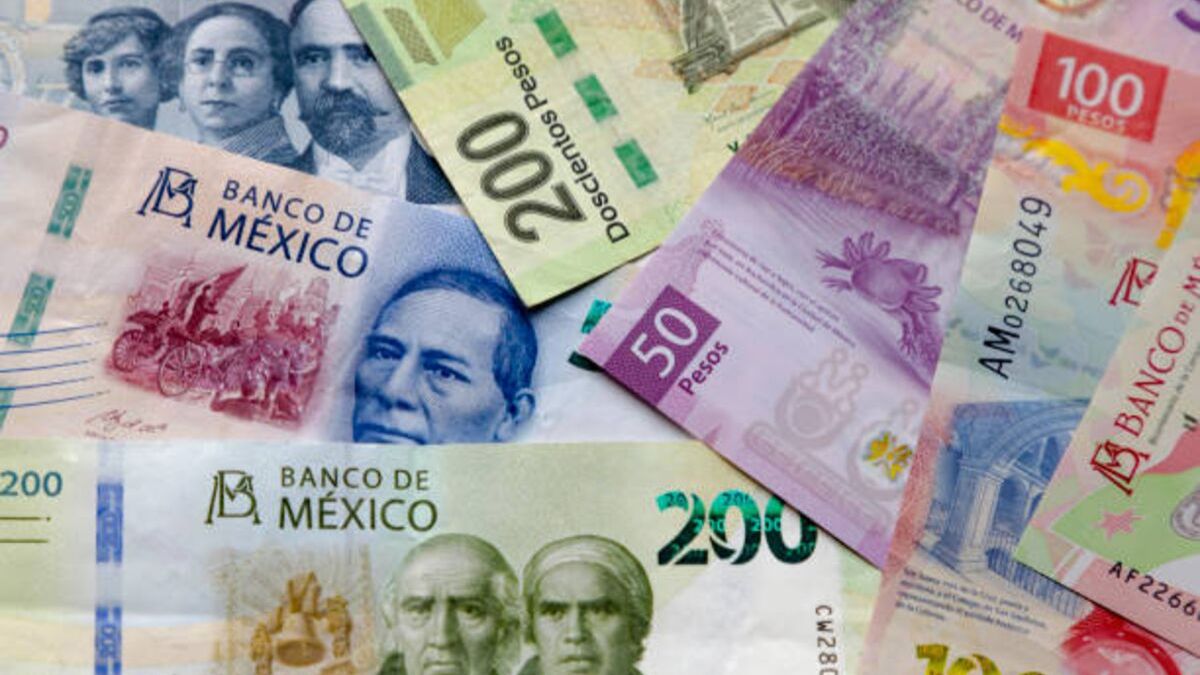The Mexican peso plunged to a two-year low after Donald Trump’s victory, reflecting widespread market concern over potential trade tensions and economic uncertainty. Trading as low as 20.8100 pesos to the dollar shortly after the election results, the currency eventually clawed back some losses, stabilizing at 20.6170 by Wednesday morning. This level is still down by 2.59% from its previous close, underlining investor fears of disruptive trade policy changes from a Trump administration.
Mexican peso declined amid U.S. elections:
The peso’s decline comes as many in the market brace for possible new trade barriers and tariffs under Trump, who had campaigned on a protectionist platform that included renegotiating trade agreements and imposing taxes on imports. Analysts see the peso as a bellwether for U.S.-Mexico relations and are closely watching for any signals of policy shifts that could affect Mexico’s export-driven economy.
“The Mexican peso has been hit hard,” said Chris Turner, global head of markets at ING, who suggested that further devaluation could be on the horizon. “I would not rule out a move to 22.00 to the dollar over the coming weeks,” Turner added, underscoring a cautious outlook amid heightened market volatility.
Despite the selloff, some analysts remain optimistic about Mexico’s longer-term prospects. Rodolfo Ramos, head of Mexico research at Brazilian bank Bradesco, emphasized that a Trump administration is not entirely unfamiliar to the region’s economic landscape, pointing to past trade cooperation and integration efforts.
“We see uncertainty on tariffs in the short term, but we remain positive on nearshoring over the medium and long run,” Ramos said in a client note, suggesting that Mexico could benefit from trends favoring closer-to-home production for the U.S. market.
Political leaders in Mexico have also moved to calm concerns. Mexico City’s mayor, Claudia Sheinbaum, conveyed confidence that relations with the U.S. would remain strong, saying, “There’s no reason to worry.” She expressed her belief that ties between the two nations would withstand any policy changes under Trump, providing reassurance amid the current economic turbulence.


